When a critic turns believer, can the story of that conversion sway others? A new Annenberg Public Policy Center study examines the effect on public attitudes of a "conversion message" about the use of genetically modified foods.
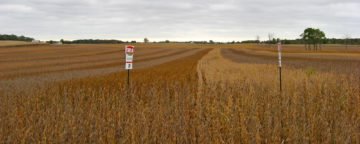

When a critic turns believer, can the story of that conversion sway others? A new Annenberg Public Policy Center study examines the effect on public attitudes of a "conversion message" about the use of genetically modified foods.

For the fourth consecutive year, Donald Trump is the undisputed champ in FactCheck.org's annual list of "whoppers." Here are 10 of them, plus some of the year's worst viral deceptions.
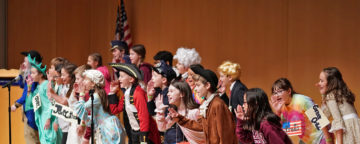
For this year's Citizenship Challenge essay competition, the Rendell Center for Civics and Civic Education asked 4th and 5th grade students in Philadelphia why the First Amendment was important to them
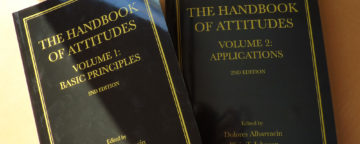
The updated "The Handbook of Attitudes" covers theory and research on how we evaluate people, places, things and ideas. Many chapters were presented at an APPC conference.

Despite the fact that the holiday season has some of the lowest average daily suicide rates, some journalists continue to inadvertently perpetuate the holiday-suicide myth.
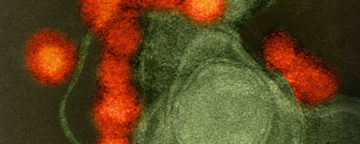
A series of papers originally presented as works-in-progress at a Zika communication summit at APPC in March 2017 were published in a special issue of Risk Analysis on “Communicating About Zika,” aimed at providing theoretical and practical insights.
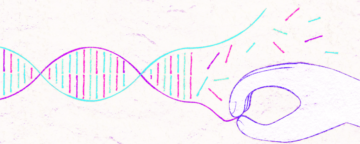
The Annenberg Public Policy Center has released two Science Media Monitor reports on how the media cover ethical questions on gene editing, and scientific retractions.

Research finds that cannabis use among teens does not appear to lead to greater conduct problems or greater affiliation with other teens who smoke cannabis -- it's teens with conduct problems who are more likely to gravitate toward cannabis use.

Experiencing extreme weather is not enough to convince climate change skeptics that humans are damaging the environment, according to a new study based on APPC research.
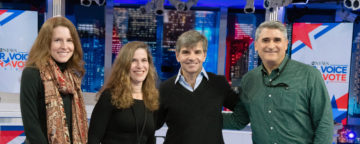
On election night, APPC's managing director of survey research Ken Winneg and distinguished research fellow Talia Jomini Stroud were among those calling the House races for ABC News.